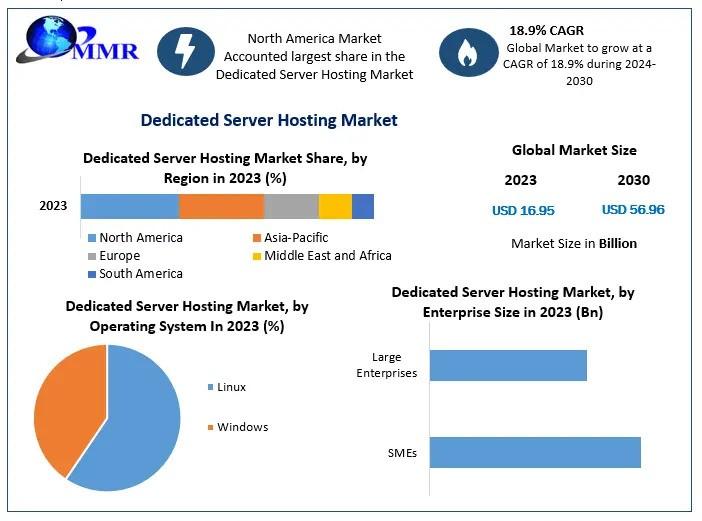
Since Google announced a major change in how it ranks websites for mobile searches, page load speed has become a buzzword. Starting in July 2018, page speed has been a ranking consideration for mobile searches.
Prior usage of speed in ranking has mostly targeted desktop results. Now they turn to smartphone searches. This is because Google wants you to reconsider how your websites performance affects the user experience and how it might be improved.
Your website’s retention rate is directly proportional to how long it takes to load. If a page takes longer than three seconds to load, Google found that 53% of visitors tend to leave.
How hosting providers improve your site speed
Having a site that is easy to use and loads quickly will promote a great client experience. Customers’ first impression of your business will often be based on your website. 88% of consumers, according to a recent survey, said they look into a business online before making a purchase.
Customers will have more faith in your company’s reliability and professionalism if your website loads quickly and has a professional design. Your online presence is more vital now than ever before.
Competing with other sites
The speed of your website will vary greatly depending on the web hosting service you use. With free ones, there are thousands of sites competing at the same time to load. There is a limit to how much data can be processed simultaneously by the server. Providers who operate in this manner tend to have the most issues.
A dedicated server hosting service might help you avoid this issue. Of course, you will have to pay for this, but be assured that prices vary. The savings in loading time due to having a dedicated server for your site are well worth the additional cost.
Hard drive capacity
The storage capacity of the web hosting server’s hard disc is another important consideration. A server’s efficiency increases in proportion to its storage capacity. Your provider may be employing an inadequate or overloaded hard drive, which is causing your slow loading times.
RAM
RAM, or random-access memory, is where your website’s data is temporarily stored while the user browses. How quickly data can be processed and sent is proportional to the bandwidth, which is measured in gigabytes.
The more RAM (or gigabytes) you have, the quicker your site will load. The amount of RAM available varies depending on the host. If your server has an abundance of RAM, your pages will load without a hitch.
Bandwidth level
Bandwidth, also known as data transfer rate, measures how much information can be transmitted over the internet simultaneously. This is unrelated to how fast your connection is.
It functions somewhat similarly to a pipe. The greater the size of the opening, the greater the throughput. Even at top speeds, there is a limit to how much data can be transferred if your hosting provider’s network infrastructure is not equipped to handle it.
If your website has a lot of content, this could be slowing it down, an issue that can be resolved with a professional web hosting service that offers sufficient bandwidth.
Consider web hosting services for excellent website speed and improved user experience.
Also Read: Local online users should take cyber security seriously
https://www.citizen.co.za/kempton-express/news-headlines/business/2023/10/19/speed-up-your-site-with-top-tier-web-hosting/






